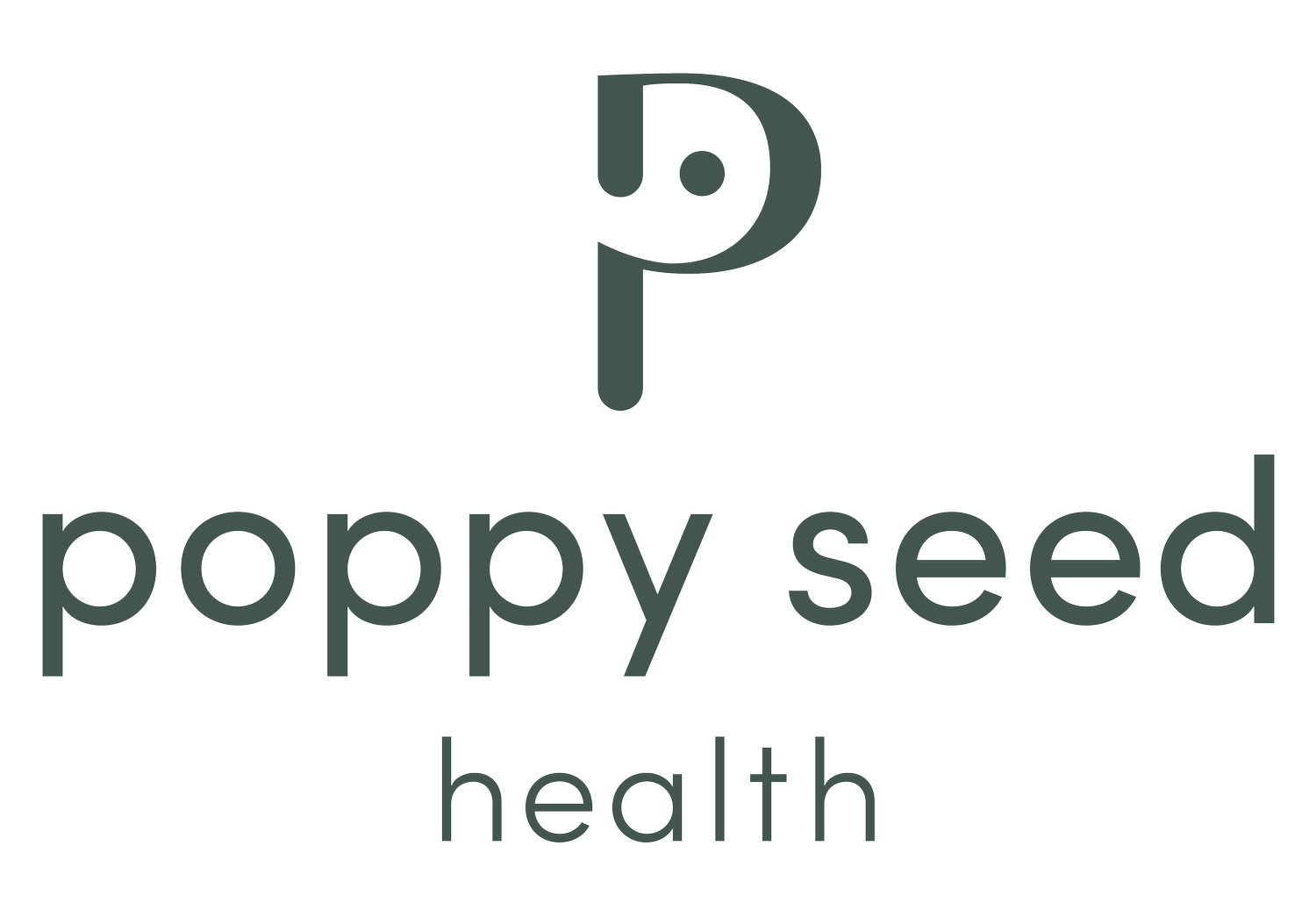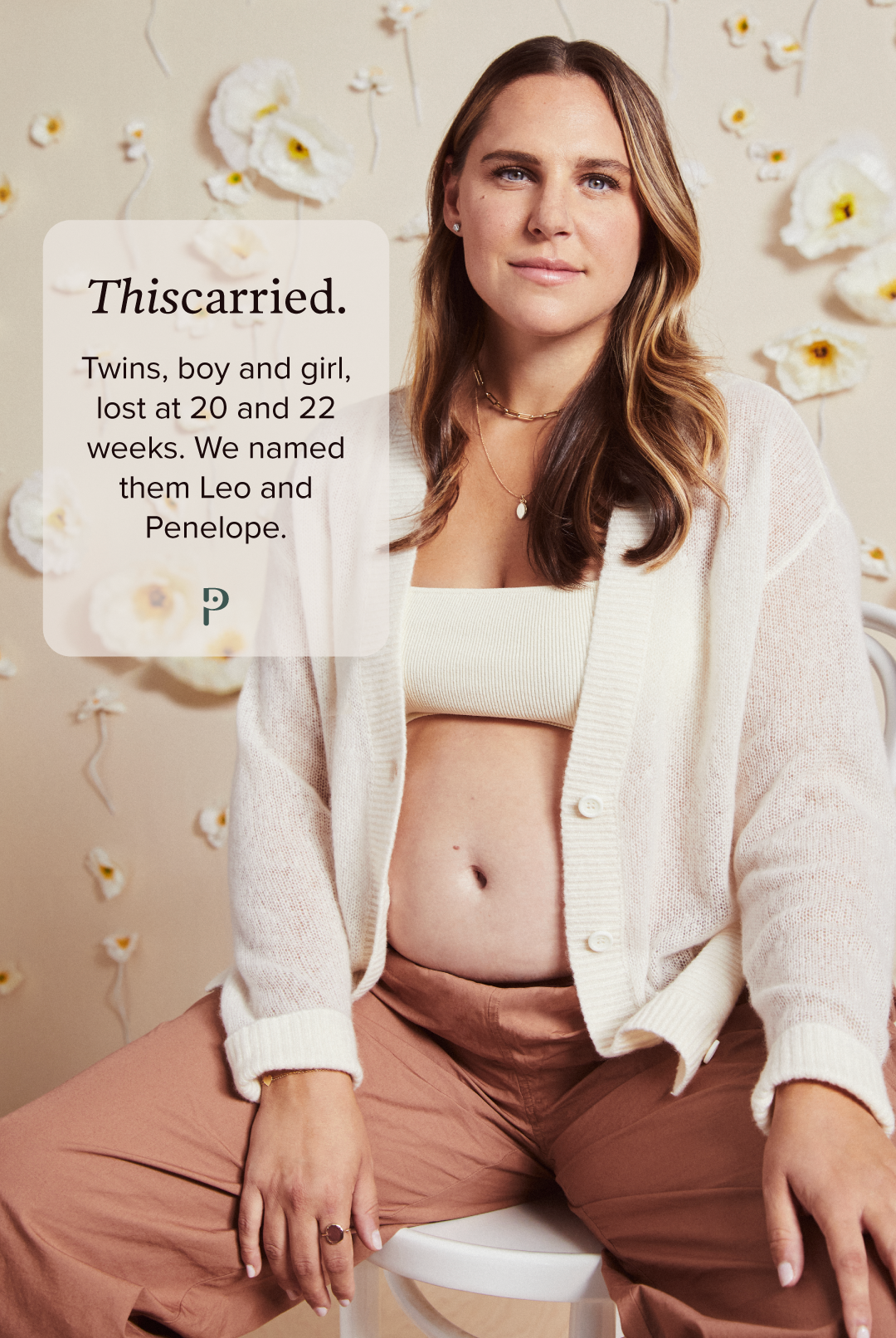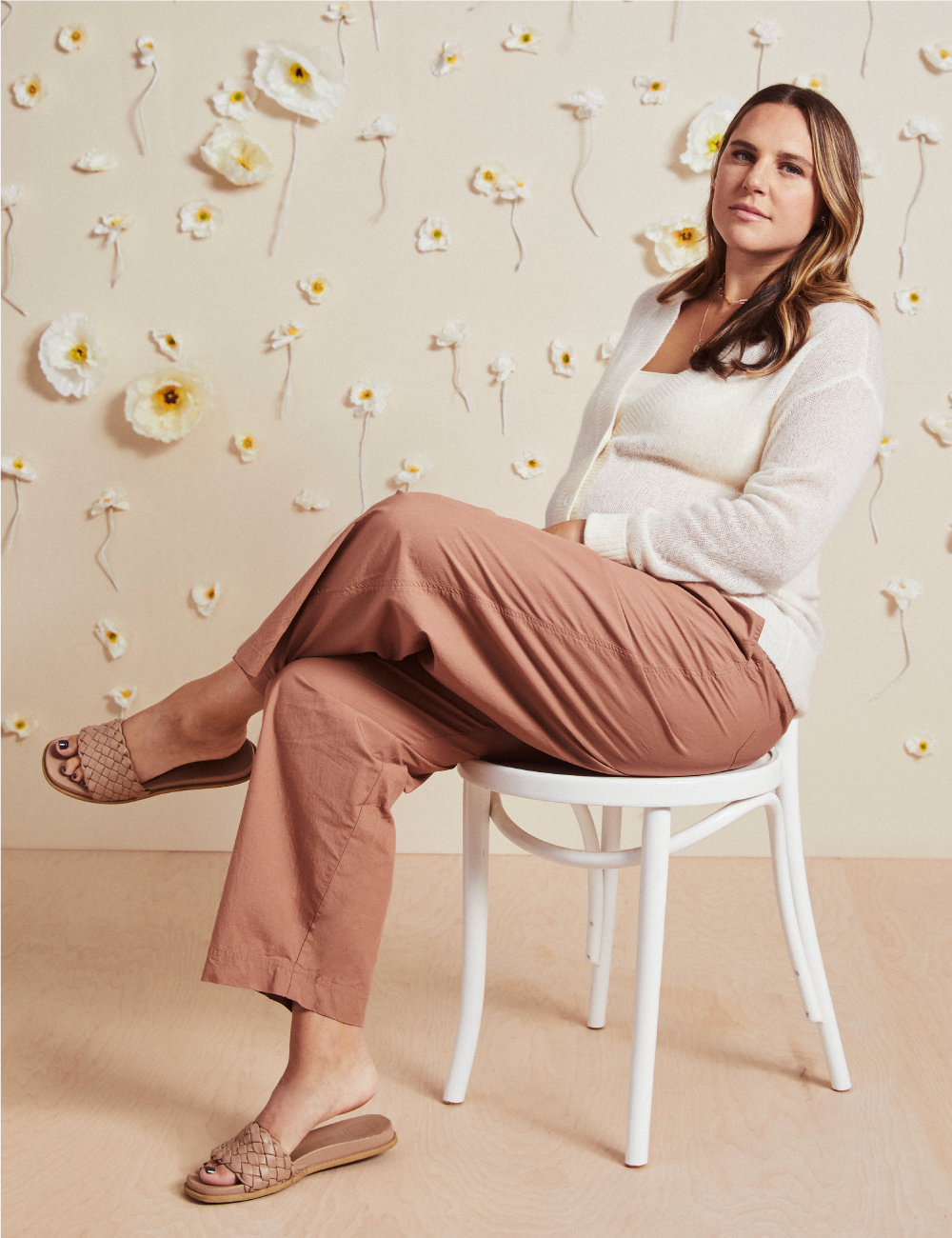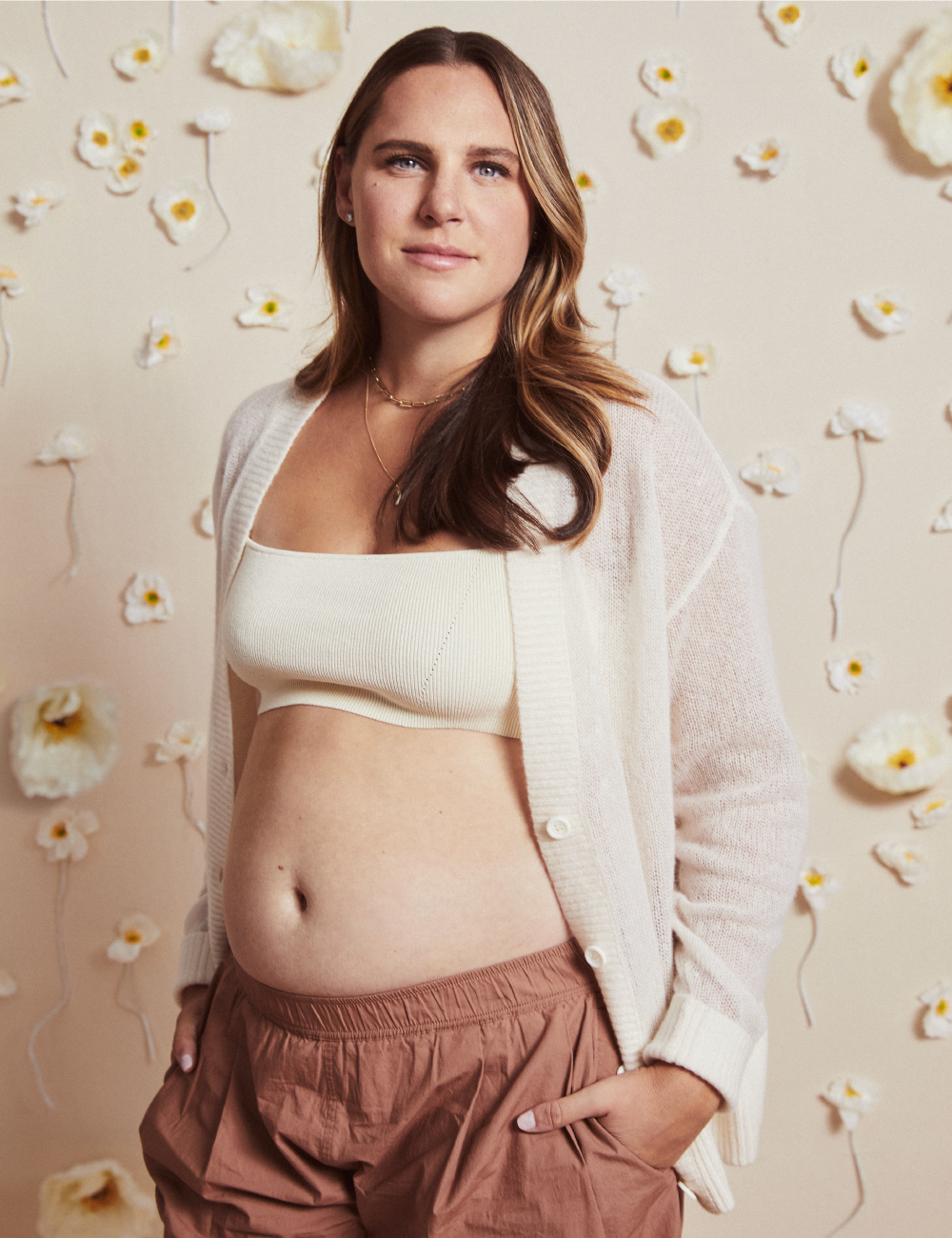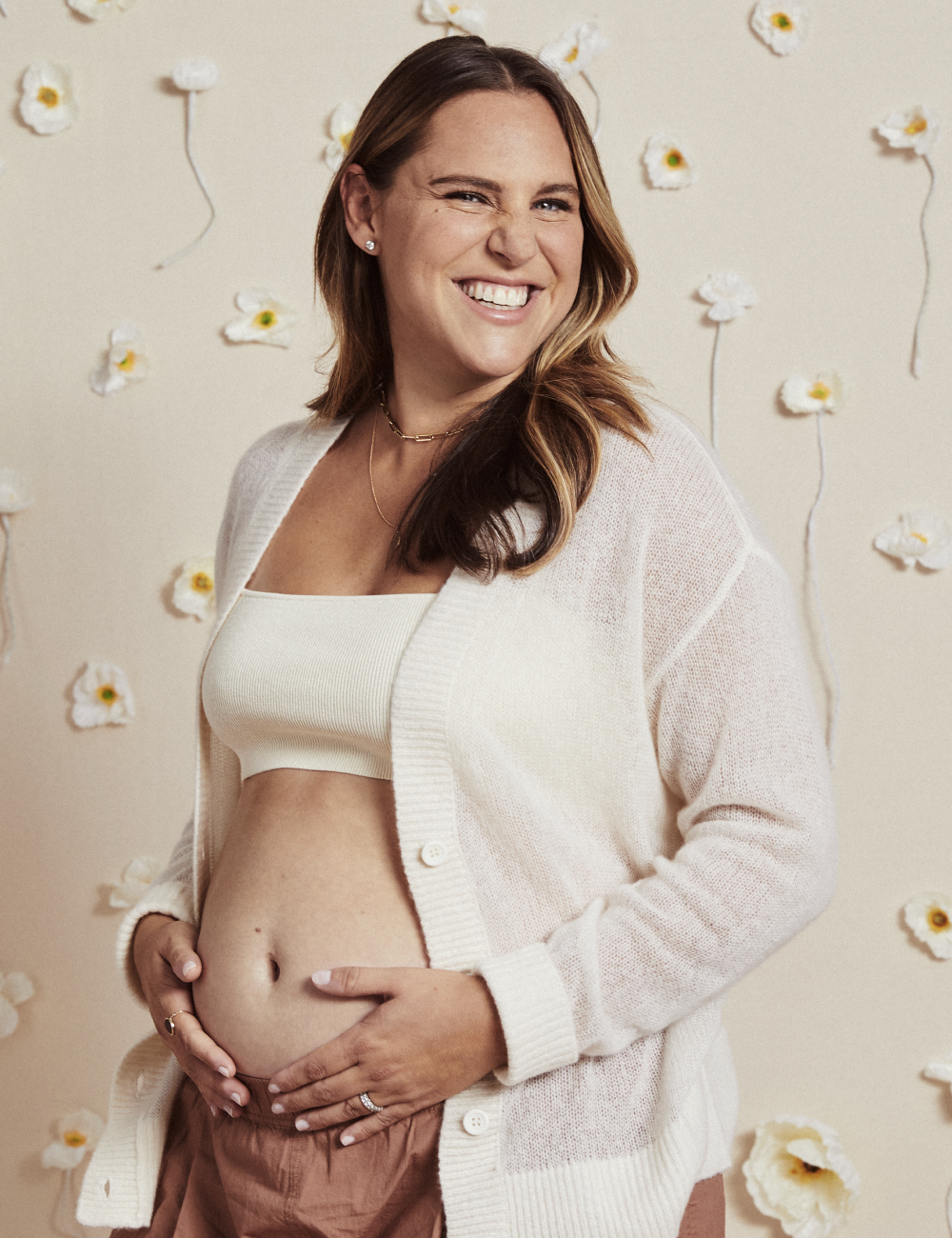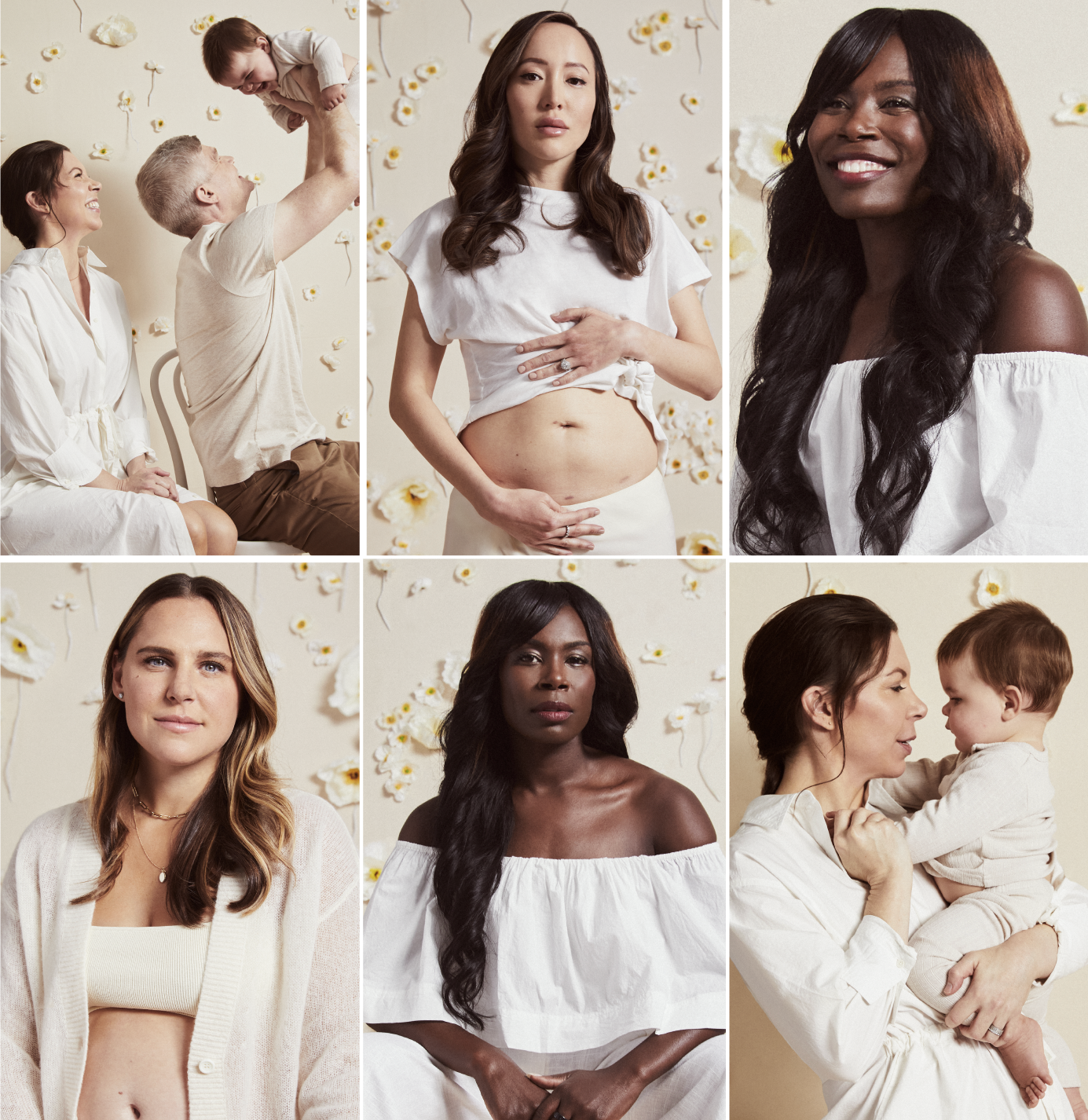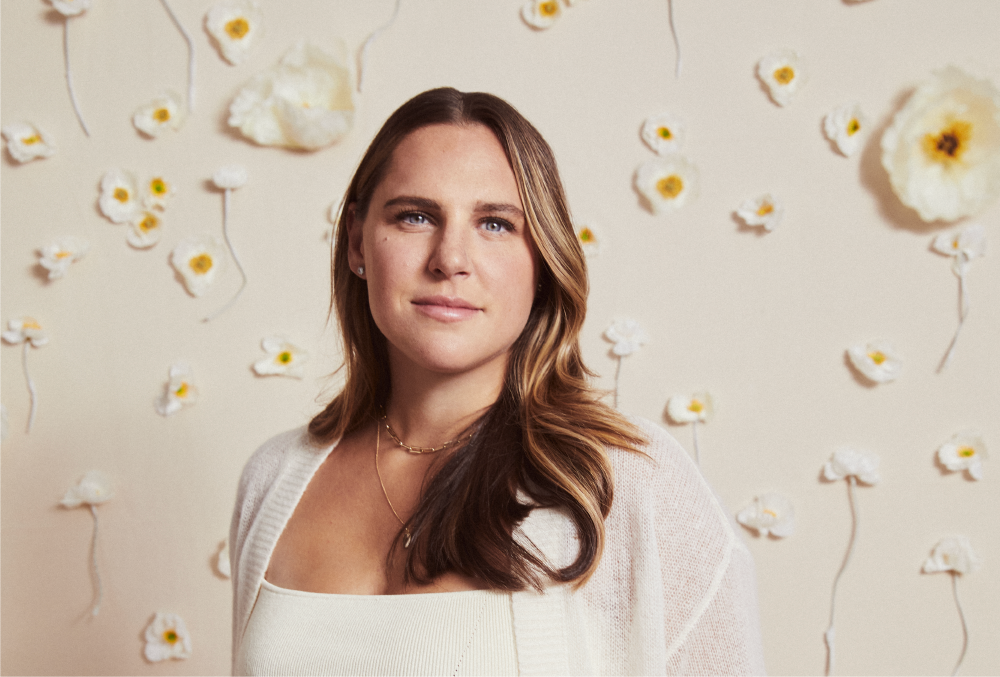
Alex’s journey through late term twin pregnancy loss
“I am so grateful to be pregnant again, but that brings an entire new influx of emotions.”
—Alex, on pregnancy after loss
Sitting down with Alex
We’re so grateful for your vulnerability in sharing your story with us. Can you describe your experience with loss?
Our story is quite complex and includes enough "rareness" to last a lifetime. What started as a spontaneous twin pregnancy, morphed into a rare genetic disorder, and ultimately an intrauterine infection that led to preterm labor at 22 weeks.
We named our babies Leo and Penelope.
Can you share more about going into preterm labor with Penelope?
We lost Leo at 20 weeks after discovering his rare genetic disorder. At 22 weeks, I was scheduled for a very routine fetal echocardiogram on Penelope's heart, and everything looked fantastic. The next day I had my follow up appointment with my OBGYN. I wasn't feeling great the night before, I was feeling a little bit achy and I was convinced that I had a UTI. During my appointment, I expressed my symptoms to my doctor. After listening to me explain my symptoms, she felt that it was more than a UTI so she decided to do a manual check and that was when we learned that I was one centimeter dilated. After some blood tests, it was very clear that I had an infection, but the source was unknown. At around three in the morning, everything took a pretty dramatic turn when I started contracting regularly. Within three hours, I went from being three centimeters dilated to seven centimeters, and it was clear that I was in active labor and that it was progressing quickly. Our little girl was delivered on the operating room table at 6:50 in the morning. I was immediately put out after she was born to remove Leo, and I woke up to learn that she had peacefully passed away about two hours later. None of this was what we had planned, obviously, but our little girl had a plan. After she passed away, we were able to hold her and spend some time with her, just the three of us.
We’re dedicated to destigmatizing the unspoken parts of loss and shifting the narrative. Did you experience feelings of shame or blame around your loss? Were there aspects you felt like you couldn’t talk about or felt judged for?
100%. There is such a stigma around loss. Most people in our lives chose not to speak about it because it continues to be too uncomfortable for them, while others instead chose to classify it as a "miscarriage." To us, it was so much more than that. When someone suffers a pregnancy loss, no matter what stage of pregnancy, I've come to learn that most people can't grasp the concept because there is no body to mourn in the same way as a "typical" death of a loved one. It's very hard to be so isolated in this grief.
Loss is one giant stigma. The complexity, the secrecy of it, to need to explain yourself and your story. You feel that you're so alone and you're the only person to go through what you're going through, but (unfortunately) you slowly learn just how common it is. One of the most difficult parts for me was being treated like an alien by those who just couldn't understand and didn't know what to say. Just because we've suffered an unimaginable loss, doesn't make us foreign creatures...unfortunately, it can happen to anyone.
“I feel so empowered to share what we have been through. I've never been a very public person but this feels different. It's so deeply personal but it needs to be shared. People need to understand that if it happens to them, they are not alone.”
ALEX, ON STRENGTH AFTER LOSS
Did you and your partner navigate the experience similarly or differently? How did it affect your relationship?
We handled the loss very differently. When I went into preterm labor, my husband was at work and we had our 2.5-year-old son Cal at home. My husband Ryan stayed with me at the hospital until about 9pm (when we thought nothing was happening). I progressed quickly in labor overnight, physically alone, but Ryan was with me on speaker phone all night long as we navigated conversations with Neonatologists, OBGYNs, and Social Workers. The next morning, Ryan rushed to be by my side as soon as our family could get to us to help take care of Cal. Ryan very much processed the loss in real-time. He felt it immediately and was unable to function for weeks. I, on the other hand, couldn't really process what had happened and all I knew was that I needed to keep our family going, for all of our sake.
About three months after the loss, it hit me like a ton of bricks. This story I've been sharing was in fact MY story. MY loss. MY babies. The hole was so deep and so dark. I felt hopeless, helpless, and couldn't understand that even if I could find the top of this dark hole, how the hell would I get out? It was the lowest and darkest I've ever been. It isolated me more than I could imagine.
What does life look like today? What are some ways you’ve honored your losses?
Today, most days are good days. But then, out of nowhere, something will trigger me and I'll be right back in that dark hole. It happens when I least expect it—like when I see a mom and her daughter playing at the beach, or when butterflies stop me in my tracks in my everyday life, or when my son tells me he played with his brother and sister in his dreams. I am so grateful to be pregnant again, but that brings an entire new influx of emotions. Every appointment is coupled with severe anxiety for a heartbeat, a closed cervix, and normal kidneys. I feel back in that dichotomy of emotions—mourning our babies and celebrating new life.
Our plan is to scatter Penelope and Leo’s ashes in the ocean of Kauai and the mountains of Colorado—two very special places to our family. We are targeting May 2024, around what would have been their first birthdays. While I have come to terms with many aspects of this loss, having my babies' ashes is something I just can't grasp. They are still with my parents in their house and we will bring them home when we are ready. At that time, we'll keep a little to have with us always and set the rest aside for their journey, so we always know where to find them.
Were there aspects about your experience that felt empowering or uplifting? What are some ways it may have changed you, shaped you, or made you stronger?
I constantly say that I am a better person because of what we’ve been through. I am more empathetic and more understanding. The people who showed up for us amazed me, and that continues to stay with me. I hope that I can show up for others in the way our people showed up for us. I feel so empowered to share what we have been through. I've never been a very public person but this feels different. It's so deeply personal but it needs to be shared. People need to understand that if it happens to them, they are not alone. I look back on where we’ve been and where we are now and I’m in awe of the strength I found. My hope is that one day, when my children can understand what our family has been through, that they will be able to think back and say “wow, our mom is one strong lady!”
You’re not in this alone
Poppy’s Loss Hotline is available 24/7 in our app, for immediate loss support.
Poppy’s Loss Care Guides
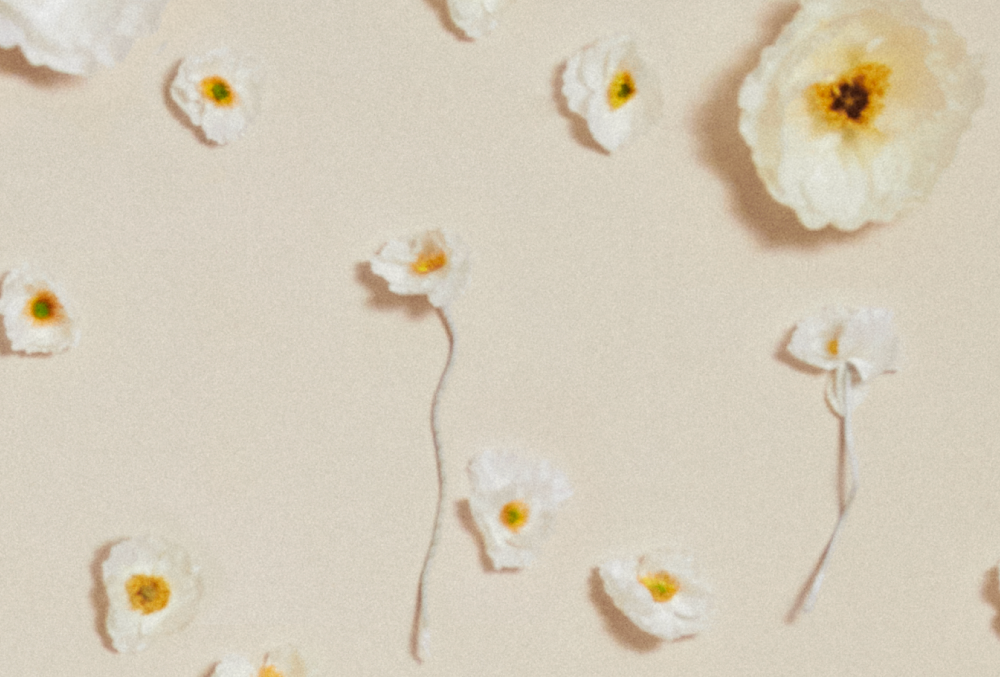
Want to share your own Thiscarried story?
Through honest storytelling and shared experience, we can help each other feel less alone, tap into our own strength, and eradicate shame around pregnancy and infant loss.
Download and share the Thiscarried tile with your own story of loss, to help us destigmatize these experiences.
#Thiscarried | @poppyseedhealth
